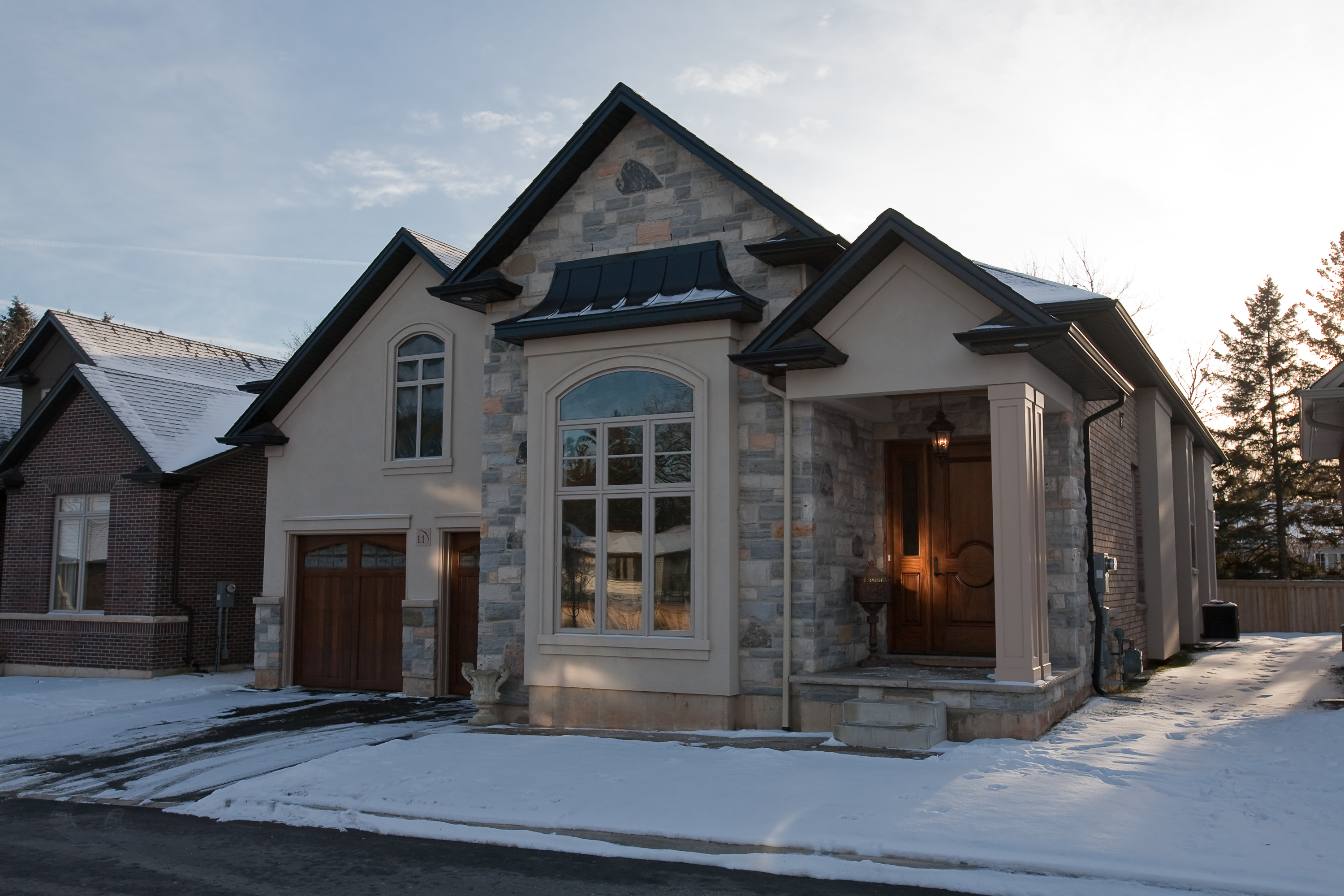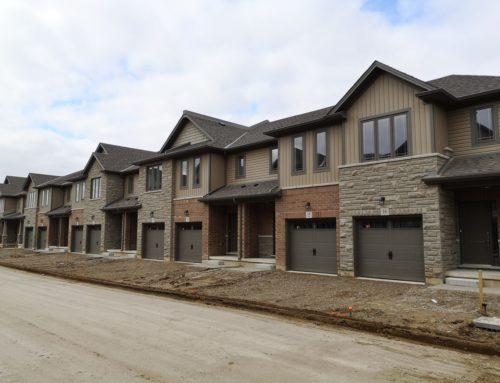Home ownership is a vital component of the North American Dream. Along with offering individuals an optimal method to accumulate wealth, it is also a significant way for a person or a family to express its individuality and independence. For most, home ownership marks an “arrival” of sorts, much like marriage, graduation, or a first child.
There is however, a stark reality that every first time homebuyer must face before taking that big step – assessing their current financial situation. Realize that the down payment and mortgage is just the start. You’ll have to pay property taxes, condo fees if applicable, utilities in most cases, and insurance on the home. There are also closing costs to consider. Decorating and furnishing your new house, along with bigger ticket items such as appliances, can cost a fair amount as well.
To be fully prepared, the bottom line is that you’re going to need to save some money prior to moving in. With just a little discipline and self-awareness, the path to homeownership can be empowering and illuminating.
The best place to start is by determining the exact amount you wish to have set aside. Setting goals, regardless of the endeavour, is essential to maintaining motivation, plus it allows you to track your progress. To get a sense of full additional costs, outline your budget number to consist of all furnishings you intend to purchase including window coverings and appliances, complete closing costs, condo fees, moving costs, and outlined deposit structures. Estimated closing costs, condo fees, and deposit structures are available from your chosen builder, lawyer, or sales representative. Next, you should set a deadline aligning with the purchase date and closing dates of your new home. You may discover you need to save a bit more each month than you thought, but that’s not necessarily a bad thing – these goals can push you to find extra ways to save and earn that you otherwise might have overlooked.
Next, create a separate savings account. Most institutions offer a free online high yield savings account. At the very least create a new account designation where you can regularly monitor just how much you are putting away. Some local banks and credit unions even provide special accounts for first-time homebuyers offering higher returns or rebates on mortgage closing costs.
Now it’s time to determine just how much you can actually put away. The only way to figure this out is to create and maintain a comprehensive monthly budget. Doing so will allow you to accurately track your spending to find out exactly where all your money goes. Chances are you’ll be amazed at how much you actually spend right now. One of the main purposes of this exercise is to identify where money is being wasted. Are you spending too much on incidentals like coffee and vending machine snacks? What about that premium cable package? Are you eating out too often instead of cooking at home? If you are completely honest with yourself, by the end of the month you should have an answer to all of these questions and more.
Another great place to look for savings is in your energy consumption. Just as with the monthly budget, you can do yourself a great service by closely monitoring how much utilities you use up in a month. The changes required don’t have to be drastic. Something as simple as having a ceiling fan installed to circulate warm air from the ceiling to the floor can actually save you 10% on your heating bill. Do you take advantage of off-peak rates? Waiting until evening or the weekend to turn on your dishwasher or clothes dryer will cost you a third of what you would pay otherwise. Take note of these time and rate designations and your will see a dramatic reduction in your monthly energy bills.
Did you know that the average Canadian home has 25 electronic devices that use standby power which can add up to 10 per cent of household electricity consumption? Plug these devices (TVs, DVD players, game consoles, etc..) into a power bar, which cuts off the supply of electricity. The point is, there are countless inexpensive and innovative ways to cut down on wasted energy costs. With a little bit of online research, you’ll uncover an abundance of ideas about how to make your current dwelling as energy efficient as possible – which means more money for you to put away!
Perhaps the most daunting step in getting your finances in order will be to change your spending habits. The holiday season can be particularly challenging.
Again, planning is the key. Write down a list of all the people you plan to shop for and place a dollar amount beside each name. Setting limits is the only way you can ensure you don’t stretch beyond your means. You can save a considerable amount by skipping those costly trips to the mall and shop early online. If you’re really committed to saving and have an artistic side, sometimes homemade gifts are the best option. Even if you’re not the creative type, make up a coupon that is redeemable for your time to help that special someone with something they might need. You’d be surprised how many people appreciate the gift of service.
Recent studies have found that Canadians on average spend a staggering $1,137 over the holiday season. The same study revealed that consumers on average will spend $120 on themselves! The worst aspect of this trend is that much of this spending is done on credit. This can be particularly damaging to those looking to purchase their first home.
While a substantial down payment is key to securing a good mortgage, always keep in mind that lenders place a considerable amount of emphasis on what your total monthly debt is. It is actually a more prudent approach to use any extra cash to eliminate consumer debt, even if it means putting down less on your future home. Your ability to manage debt is another major factor that will determine how favourable a loan you can secure.






